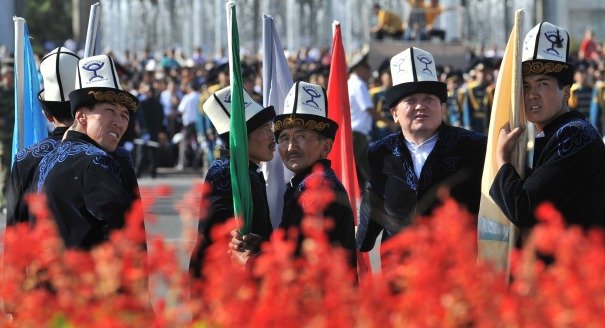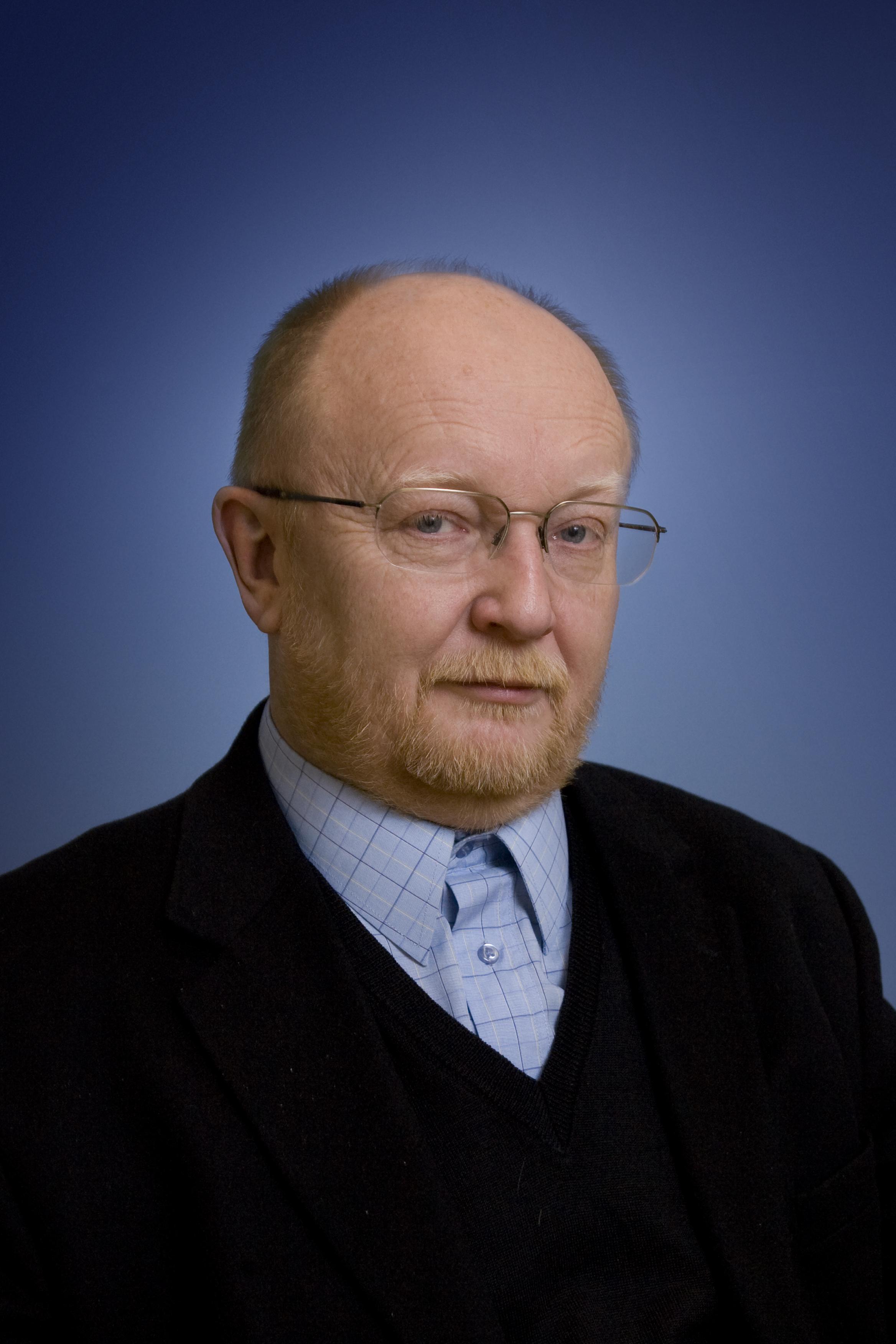Alexey Malashenko
{
"authors": [
"Alexey Malashenko"
],
"type": "other",
"centerAffiliationAll": "",
"centers": [
"Carnegie Endowment for International Peace",
"Carnegie Russia Eurasia Center"
],
"collections": [],
"englishNewsletterAll": "",
"nonEnglishNewsletterAll": "",
"primaryCenter": "Carnegie Russia Eurasia Center",
"programAffiliation": "",
"programs": [],
"projects": [
"Eurasia in Transition"
],
"regions": [],
"topics": []
}
Source: Getty
Kyrgyzstan: A White Ship Amidst the Ice of Post-Soviet Authoritarianism
Independent Kyrgyzstan is unique in its recent political history. Over the last two years this country has functioned under a non-authoritarian system and has started moving in a different direction from its Central Asian neighbors.
Each Central Asian country is unique in its own way. Independent Kyrgyzstan is unique in its recent political history. The country’s first president, Askar Akayev, who was a scientist and intellectual, unlike his colleagues, all from the Soviet nomenklatura; an active society drawn to political pluralism; and two revolutions in the last decade have all made Kyrgyzstan an exception in the region. In this new Briefing, Alexey Malashenko analyzes the situation in this country.
Key Conclusions:
- Many, Russian politicians included, predicted that Kyrgyzstan’s attempt to build a parliamentary system of government not typical for the Central Asian region would end in crisis, but this did not happen. The country successfully held a basically trouble-free parliamentary election in 2010 and then a presidential election in 2011. Political pluralism is in evidence and an opposition is starting to take shape. People are beginning to see themselves as participants in and not just objects of political life, and the authorities are now having to become more accountable to society.
- The economic situation in Kyrgyzstan remains very difficult, with low per-capita income, a large state debt and budget deficit, a low human development index, and widespread corruption, but in 2011, almost all economic sectors showed growth and the budget deficit decreased. How sustainable this trend will be will depend on political stability and the situation in the south of the country.
- The consequences of the ethnic pogroms that killed hundreds of people in 2010 will continue to affect the situation in Kyrgyzstan for a long time. Though the authorities are implementing a Concept for Ethnic Harmony, interethnic clashes between Kyrgyz and Uzbeks continue in the south, ethnic Russians continue leaving the country, the use of the Russian language is on the decline, and there are very few Russians in the government bodies. Ethno-nationalism is one of the biggest, if not the biggest, causes of potential destabilization, and the Kyrgyzstani authorities are certainly aware of this.
- Kyrgyzstan pursues a multi-vector foreign policy, but its closest ties are with Russia, and this is acknowledged by all of the local leaders. President Atambayev’s statement about the possible withdrawal of the Russian air force base from Kyrgyzstan looks more like a tactical move designed to balance the vague promise to close the U.S. base at Manas. Given that Moscow, like Washington, wants to see order in Afghanistan, and Bishkek reaps financial dividends from the American presence on its soil, Kyrgyzstan, Russia, and the United States will ultimately reach a consensus, although before that there will be plenty more mutual accusations.
- Along with Russia and the U.S., China is the third main vector in Kyrgyzstan’s foreign policy. Trade with China, involving tens of thousands of small and medium-sized businesses, automatically gives China political influence on the situation in Kyrgyzstan and makes Bishkek interested in maintaining stable relations with Beijing. China is not Russia’s competitor in Kyrgyzstan, because each country has its own economic niche.
- Political pluralism uncharacteristic for the region, a complex ethnic mix, economic backwardness, and growing religious radicalism make Kyrgyzstan a potentially unstable place and the region’s most vulnerable country. But although the country retains its clan-based organization and regionalist outlooks, and authoritarian views still persist, over the last two years it has functioned under a non-authoritarian system and has started moving in a different direction from that of its Central Asian neighbors.
About the Author

Former Scholar in Residence, Religion, Society, and Security Program
Malashenko is a former chair of the Carnegie Moscow Center’s Religion, Society, and Security Program.
- What Will Uzbekistan’s New President Do?Commentary
- Preserving the Calm in Russia’s Muslim CommunityCommentary
Alexey Malashenko
Recent Work
Carnegie does not take institutional positions on public policy issues; the views represented herein are those of the author(s) and do not necessarily reflect the views of Carnegie, its staff, or its trustees.